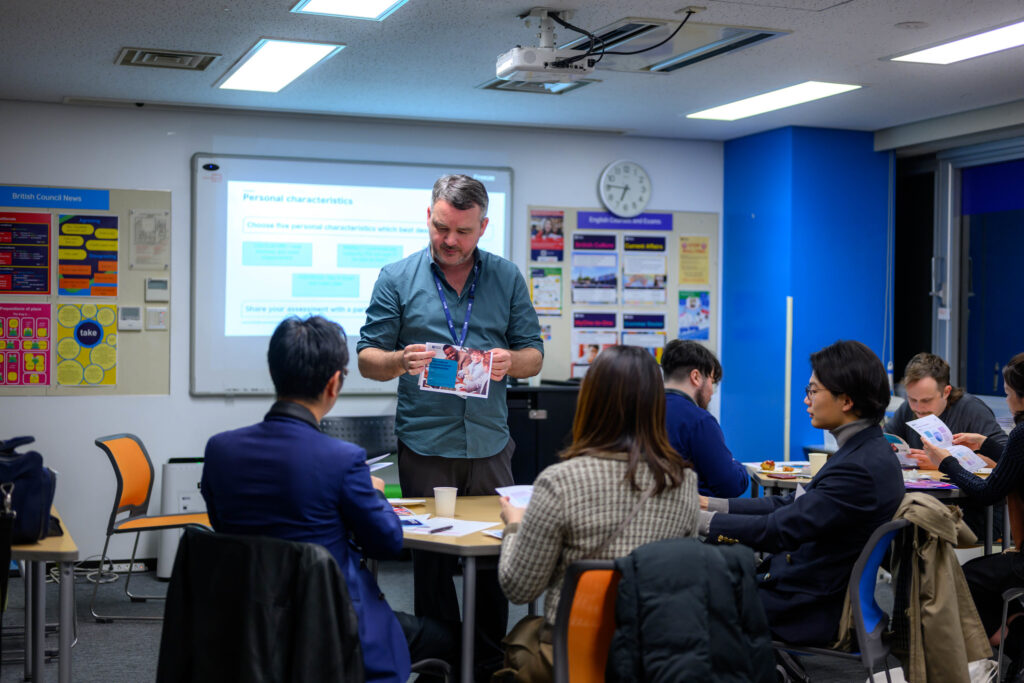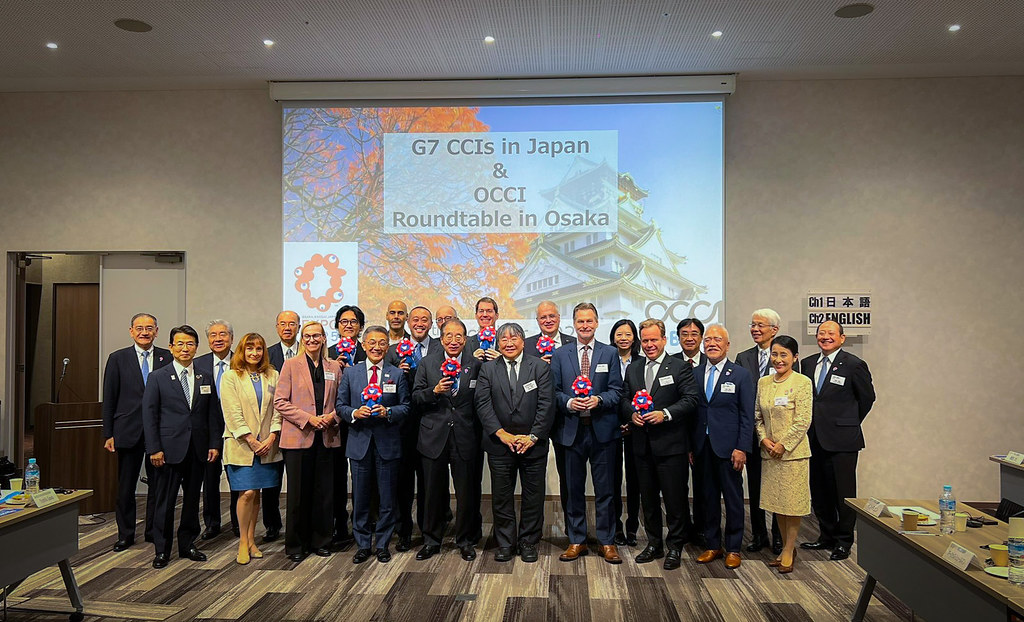Member? Please login
Culture Boosts Business

Written by Sterling Content
June 13, 2018
Community and Business
New research shows that Hull’s position as UK City of Culture 2017 resulted in £220mn of investment as well as the establishment of 131 new businesses and 800 jobs in the city in the past calendar year. Moreover, thanks to the boost to Hull’s reputation, financial benefits are expected to be long-term.
The findings have strengthened the link between arts and the economy. But how does culture and education impact business on a larger scale, specifically in the UK-Japan relationship? To find out, we spoke to three BCCJ members: the British Council, Japan House London and Oxford Instruments Japan.
Matt Burney, director of the British Council, explained that, although people tend to think of the UK-Japan cultural relationship as a “nice-to-have” item, it is a fundamental one.
“The cultural and education relationship provides a very strong foundation on which the commercial relationship can prosper,” he said. “Without decades of effort in developing a strong relationship between Japan and the UK—based on shared values and commonalities using arts and cultural education as a tool—it’s unlikely that Japan would be providing around 160,000 jobs for UK nationals in the UK.”
Research has shown that culture drives prosperity in both countries. Trust Pays, a 2012 British Council report, surveyed some 10,000 people aged 16-34 in 10 countries. It found that cultural relations foster trust; people who trust the UK expressed greater desire to travel and study in, or do business with, the UK. Therefore, the study concludes, culture “underpins the success of the UK economy.”
A further report by the British Council in May 2013 titled Culture Means Business also indicates a link between culture and commerce. Respondents who had experienced aspects of British culture rated the UK more highly for business opportunities than did those who had not.

Culture, that long-established currency of soft power, is also driving Japan’s Ministry of Foreign Affairs in its Japan House initiative, designed to nurture a deeper understanding of Japan in three global cities. Following the launch of the São Paolo and Los Angeles hubs in 2017, Japan House London (JHL) is scheduled to open its doors on 22nd June.
While showcasing art, design, gastronomy and technology, JHL aims to provoke the question, ‘What is Japan?’ and encourage visitors to consider the country anew.
According to Kylie Clark, JHL’s director of PR & Communications, the three cities are “epicentres of cultural and creative activities” making them “ideal as platforms for creating meaningful, lasting and authentic connections to Japan.” But, behind the encounters with Japanese creativity and innovation is a wider goal.
“By unlocking doors to new and long-lasting relationships and possibilities in the fields of learning, creativity and business, [Japan House London] will be a catalyst for generating both cultural and economic capital between the two nations,” according to Michael Houlihan, JHL’s director general.
Carolyn Burnett, director of corporate development at JHL, added that the hub intends to be a forum for businesses to build partnerships, exchange ideas and share developments, with the aim of using culture “as the catalyst to help develop rich and rewarding relationships across all sectors.”
One example of how education has sparked innovation in the business sector is Oxford Instruments plc.
In the 1950s, Sir Martin Wood CBE was a researcher at the University of Oxford, making equipment for use in its laboratories. Soon, the quality of his products and the positive reputation of the university drew enquiries from researchers around the world keen for him to make equipment for them.
In 1959, from his garden shed, he founded Oxford Instruments plc, which became the University of Oxford’s first spin-off commercial operation. It went on to have a pioneering role in the development of magnetic resonance imaging and, in less than 30 years, was listed on the London Stock Exchange.
Sir Martin, 91, also lent his name to the Sir Martin Wood Science Prize for Japan, which celebrates its 20th anniversary this year. Established by the Millennium Science Forum to promote scientific exchange between the UK and Japan, the prize enables young researchers from Japanese universities to give lectures at British universities each year.
“The prize is embedded in the academic and research worlds. It has enormous benefits for business and has a lot of support in both the UK and Japan,” said Tony Ford of Oxford Instruments Japan.
With one in four world leaders having received tertiary education in the UK, British universities and their affiliated programmes have long appealed to young people globally. And, according to two British Council surveys—one before and one after the UK’s vote to leave the European Union—Brexit may not change that. Japanese respondents among the 40,000 people aged 18-34 surveyed in 19 countries reported no change in the attractiveness of British artistic and educational institutions following the vote.
The British Council’s Burney believes the study provides hope that culture and education can continue to draw people to the UK, which will then develop trust and business opportunities.
“In a post-Brexit landscape, perhaps we should be putting more resource into culture, creativity and education because it is those things that increase the UK’s attractiveness,” he said. “And those creative outcomes have a direct link to economic outcomes.”
Interested to learn more?
The British Council commissioned surveys across the G20, including in Japan, with samples of over 19,000 young, educated 18-34-year-olds; the pool from which the future’s major decision makers will emerge.
If you’re curious to find out the outcomes of this study and specifically what they mean for your business, then join us for a study session at the BCCJ office with Matt Burney, British Council Director for Japan.
SIGN UP HERE








